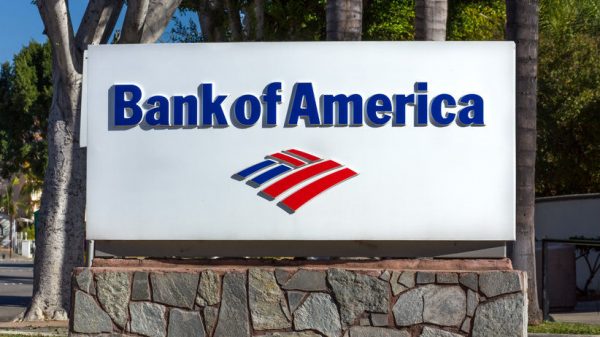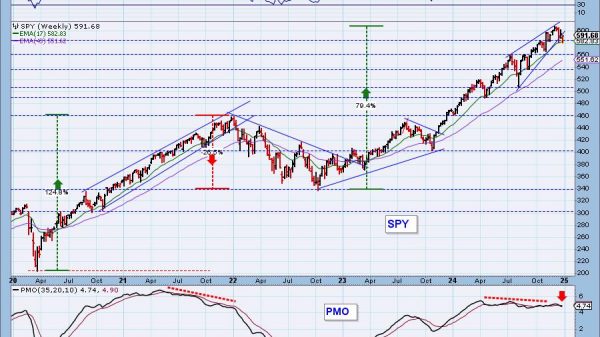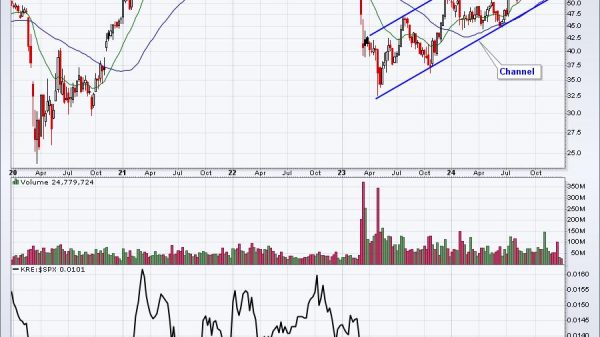

With fintech innovations happening almost daily in recent years and with digital payments already being as prevalent as they are in sales, it’s easy to say that “the future is now.” Yet, the opposite is actually true – this tumultuous and ever-changing present eCommerce market strongly indicates that the future of payment processing very well may be even more chaotic, different and complicated than we can even imagine today.
So, if you are an eCommerce merchant or using digital payments in your business, this might be equal parts exhilarating and worrying. To help shed at least some light on where things are probably going, let’s go over the future of payment processing and the Internet of Things in general. Here are 7 things we can expect to see in the coming years:
1. Increase of digital wallets as well as of digital payments
Digital payments and wallets are obviously already a thing. More than that, they are already pretty huge. Even just today, traditional cash payments account for a mere 19% of sales, and that’s not just in the eCommerce niche, but in general.
So, digital payments are definitely expected to continue to rise in popularity, and they are expected to drag a more frequent use of digital wallets with them. As of right now, there is still some mistrust toward mobile wallets, especially in certain age brackets and in many parts of the world. This is very much something that will change over time, however, as digital payments are made even more secure and more and more people realize the convenience of digital wallets over standard banking services.
2. Emergence of Central Banks Digital Currencies (CBDCs)
Speaking of banking, Central Banks Digital Currencies (CBDCs) have long been talked about, both as a key future development and as an answer to cryptocurrencies. It is not yet clear how much of an “answer” CBDCs are going to be to crypto and how the two will coexist.
However, what is certain is that CBDCs are going to slowly but sure keep making cash payments obsolete. Of course, both the US Federal Reserve and the European Central Bank continue to reassure the public that CBDCs are “not going to replace cash payments, but will merely complement them.” How true this ends up being is yet to be seen, but CBDCs themselves are expected to quickly rise in popularity nevertheless.
3. Rise of cross-border payments
Cross-border payments are already big in our current globalized world, but they too are expected to become even more common in the future. With countries working ever closer economically with each other and with more and more people from the Developing world becoming economically strong enough to join not only the supply part of the globalized economy but its demand side as well, we are expecting cross-border payments to become the norm in the near future.
4. Further advancements (and continuous need for them) in payment security
As fintech continues to develop, so do people attempting fintech frauds and scams. This is the normal give-and-take of finances and technology, and there is no need to assume that will change. So, popular payment processes, for instance PayCompass, and others are expected to continue developing advancements in payment security.
5. Increased acceptance of cryptocurrencies
Just like CBDCs, cryptocurrencies seem to be here to stay. Despite a few major crypto market crashes, the currencies themselves continue to be in wide use. Many economists are expecting CBDCs to be the answer to crypto, but even if that’s the case, crypto is just unlikely to ever fully go away. The utility this type of currency provides for certain eCommerce markets is simply too high.
6. More “Buy Now Pay Later” (BNPL) services
BNPL services are a thing today too, but they are not as popular and trusted as some of the other things we’ve talked about above. Should digital payments and wallets continue to be on the rise, however, and should their security continue to improve, there is every expectation that “Buy Now Pay Later” services and loans will continue getting more popular as well.
7. More open banking
Open banking used to be a taboo concept for centuries. The very idea of banks and other financial institutions sharing client data between each other was antithetical to the very concept of secure financial management. However, with the continuous digitalization of the financial world and its security advancements, open banking will likely become a much safer option. This, in turn, will make finance management much easier, faster, and more convenient for both financial institutions and their clients.
The post The Future of Payment Processing for eCommerce appeared first on IoT Business News.























